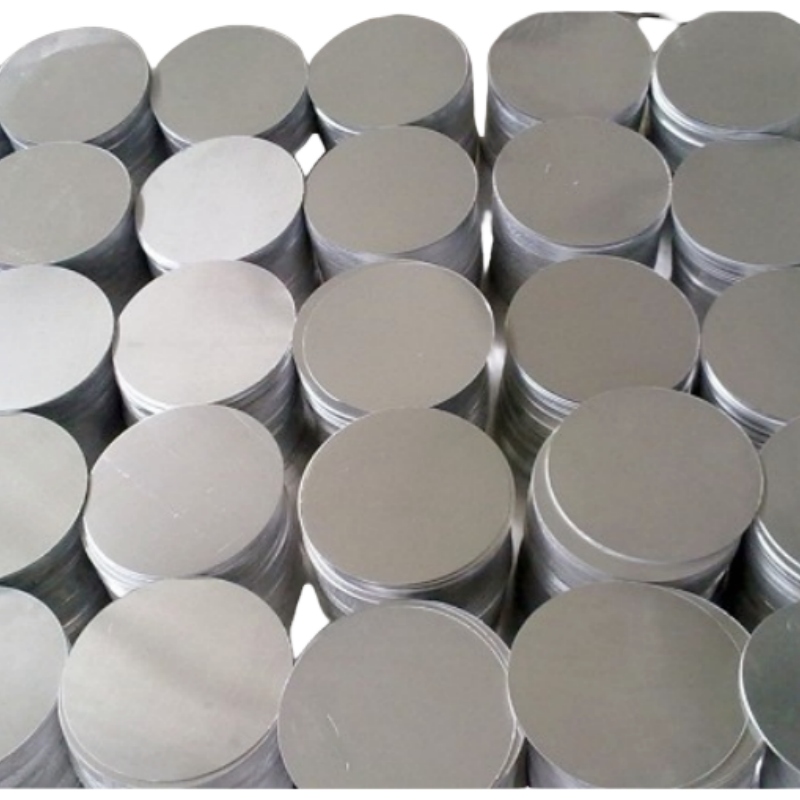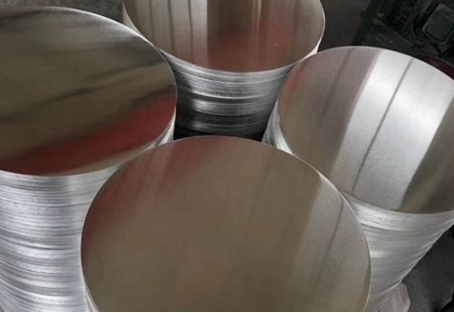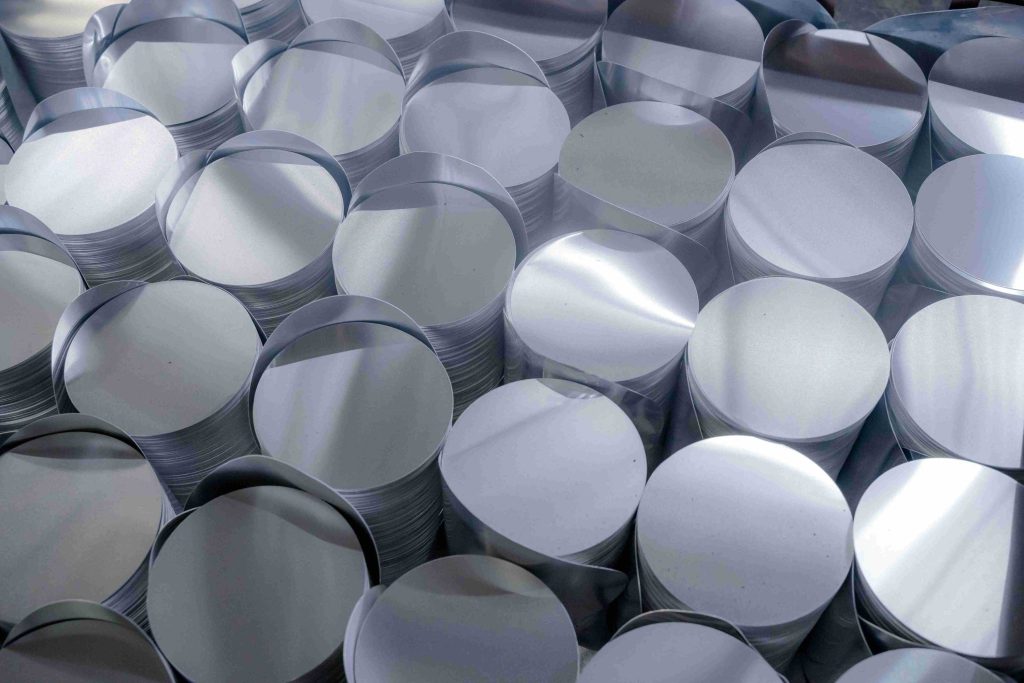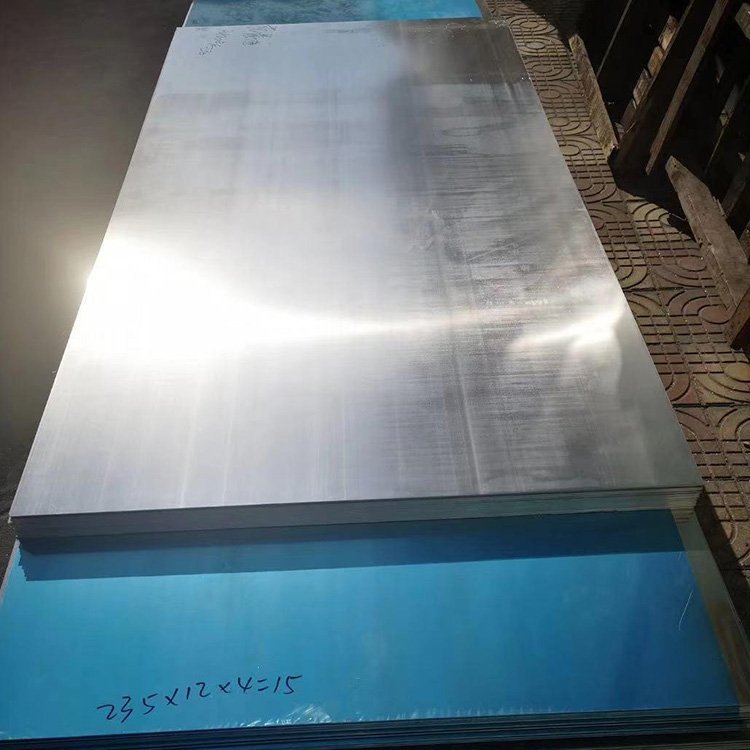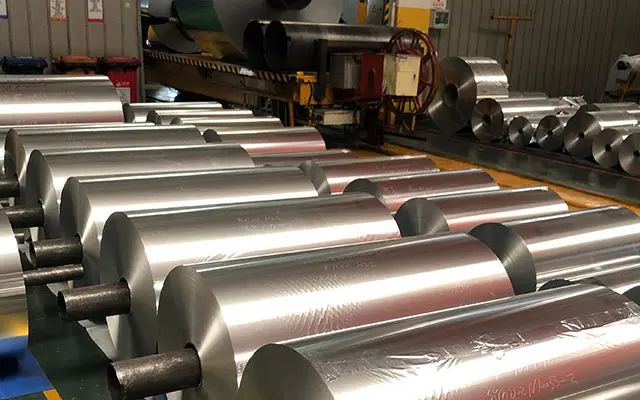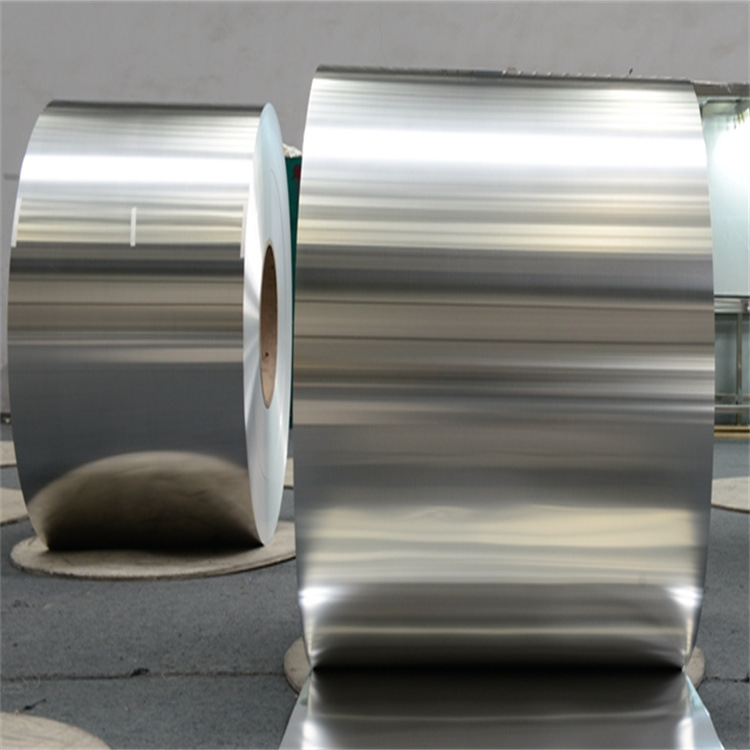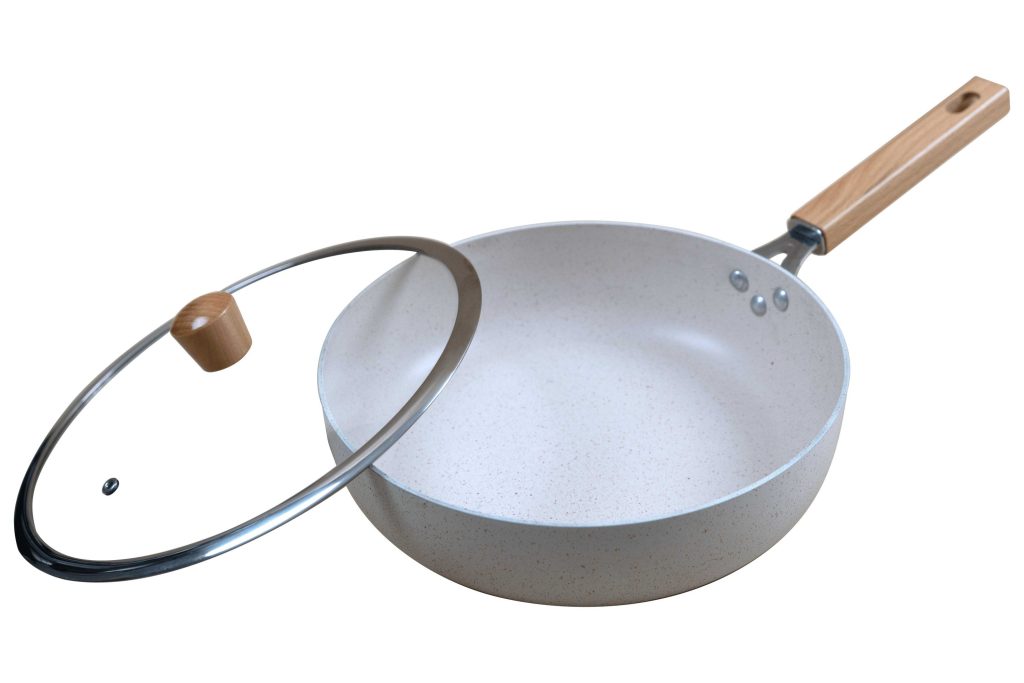3000 Series Aluminum Properties and Applications
Aluminum alloys have become a cornerstone material in various industries due to their versatility, light weight, and excellent corrosion resistance. Among these, the 3000 series aluminum alloys stand out for their unique properties and adaptability. These alloys, primarily composed of aluminum and manganese, have carved a niche for themselves in diverse application areas ranging from packaging to construction. Here we delves into the properties, applications, processing techniques, and market outlook of 3000 series aluminum, offering a comprehensive overview for you.
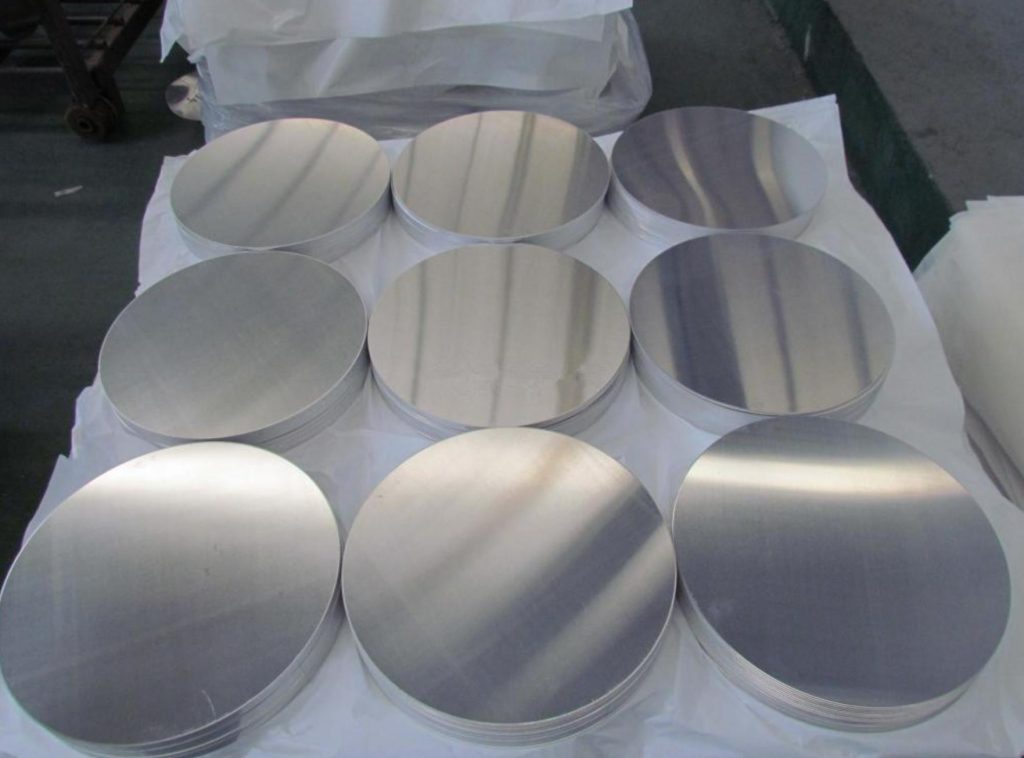
Chemical Composition and Physical Properties
The 3000 series aluminum alloys are distinguished by their chemical composition, which significantly influences their mechanical and physical characteristics.
Chemical Composition of 3000 Series Aluminum
The primary element in 3000 series aluminum is aluminum, constituting over 96% of the alloy. Manganese is the main alloying element, typically ranging between 1% and 1.5%. Small amounts of other elements, such as copper, iron, and silicon, may also be present to enhance specific properties. The specific percentage of manganese and other elements varies depending on the specific alloy within the 3000 series (e.g., 3003, 3004, 3105).
Physical Properties of 3000 Series Aluminum
Density: Approximately 2.73 g/cm³, significantly lighter than steel (7.85 g/cm³), making it ideal for lightweight applications.
Melting Point: Around 650°C.
Thermal Conductivity: Relatively high, 50–60% of copper (237 W/m·K), balancing heat transfer efficiency with cost-effectiveness, making it suitable for heat transfer applications.
Electrical Conductivity: Moderate, lower than pure aluminum. 50–55% of the International Annealed Copper Standard (IACS), suitable for heat dissipation components.
Corrosion Resistance: Excellent. Comparable to pure aluminum, offering excellent resistance to atmospheric exposure, freshwater, and organic acids (e.g., food-grade environments). Requires surface treatment (e.g., anodizing) for prolonged use in acidic solutions (pH < 4.0).
Workability: Excellent weldability (TIG/MIG) and compatibility with cold-working techniques (e.g., rolling, bending), enabling complex shapes in consumer goods manufacturing.
Mechanical Properties: variable depending on alloy and temper.
- Tensile strength: 150–185 MPa (in H14 temper).
- Elongation: 8–16% (depending on temper state), ensuring good formability for stamping and deep-drawing processes.
- Hardness: Brinell hardness (HB) of 30–40 in annealed conditions.
The presence of manganese in 3000 series aluminum provides a balance of enhanced strength and good formability, while maintaining excellent corrosion resistance, key attributes for its broad industrial usage.
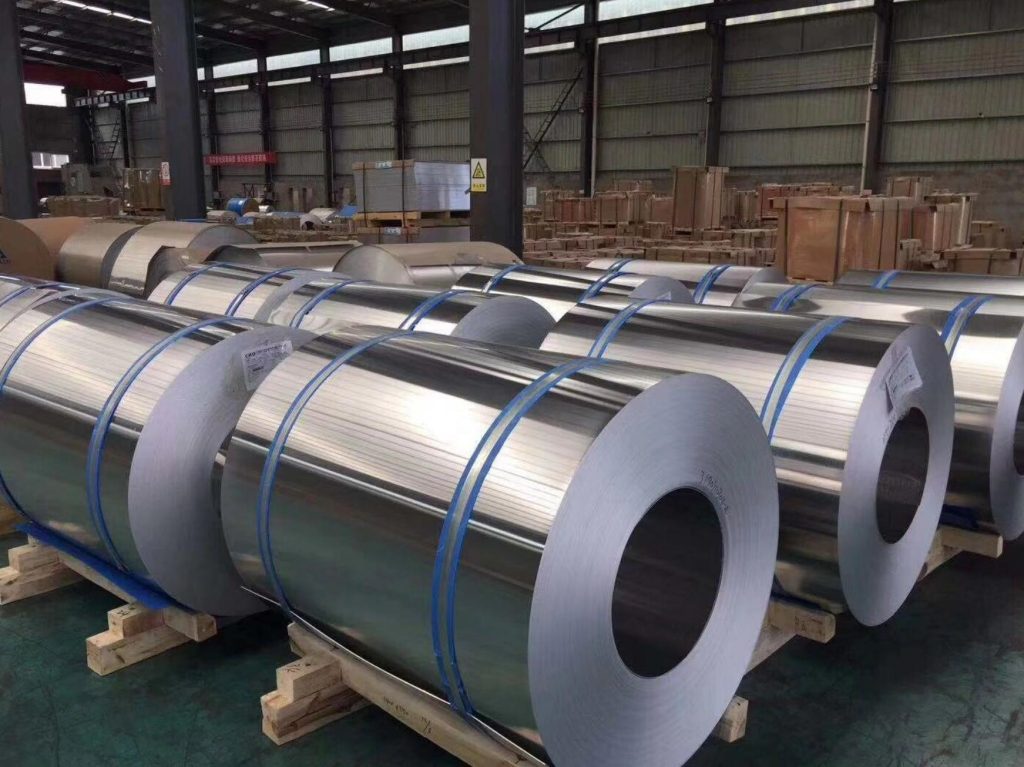
Applications of 3000 Series Aluminum
The adaptability of 3000 series aluminum has enabled its integration into multiple industries. Below is a table summarizing the industries, specific applications, common alloys, and advantages of 3000 series aluminum.
| Industry | Specific Applications | Common Alloys | Advantages |
| Food and Beverage Packaging | Beverage cans, food foils | 3003, 3105 | Corrosion resistance, non-toxicity, lightweight |
| Home and Building Decoration | Roofing, cladding, decorative panels | 3003, 3004 | Aesthetic appeal, durability, excellent weather resistance |
| Home Appliances & Electronics | Refrigerators, washing machines, heat sinks | 3003, 3105 | Lightweight, corrosion resistance, good thermal conductivity |
| Daily Small Commodities | Cookware, containers | 3003, 3005 | Non-toxic, durable, easy to clean |
| Transportation Equipment | Automotive body panels, fuel tanks, marine components | 3003, 3105 | Lightweight, enhances fuel efficiency, corrosion resistance |
| Chemical Equipment | Storage tanks, heat exchangers | 3003, 3004 | Excellent corrosion resistance, good thermal management |
With its comprehensive performance, 3000 series aluminum has deep penetration from traditional packaging to high-tech products. In the future, its application scenarios will be further expanded under the trend of lightweight and environmental protection.
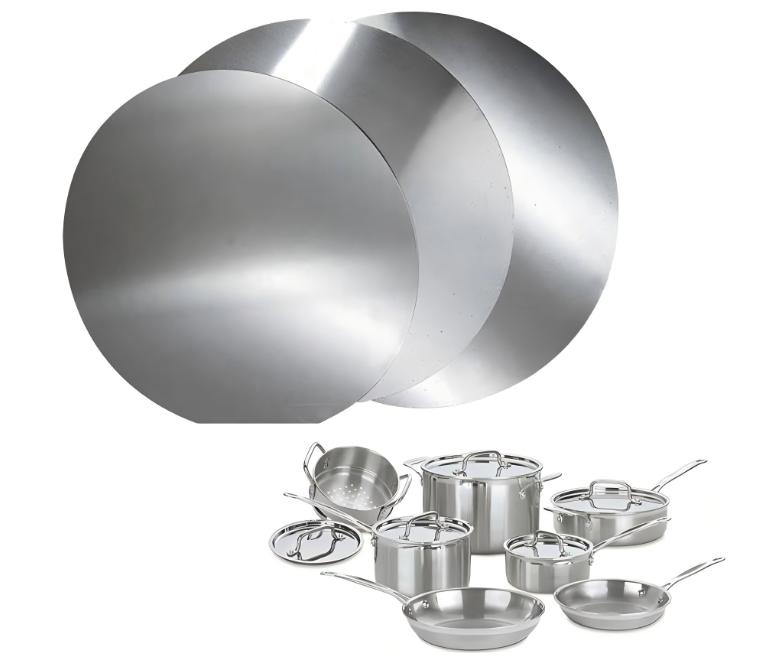
Processing Technology
Efficient processing techniques are vital for maximizing the utility of 3000 series aluminum. The processing methods determine the quality, performance, and applicability of the final products.
Key Techniques
- Rolling: Used for creating sheets and foils, enabling applications in packaging and construction.
- Extrusion: Produces profiles for windows, doors, and structural components.
- Casting: Facilitates the formation of complex shapes for industrial applications.
- Welding: Suitable for joining aluminum components in automotive and structural applications.
- Surface Treatment: Anodizing and painting improve corrosion resistance and aesthetic appeal.
The adaptability of 3000 series aluminum to various processing techniques enhances its versatility, enabling manufacturers to cater to diverse application needs.
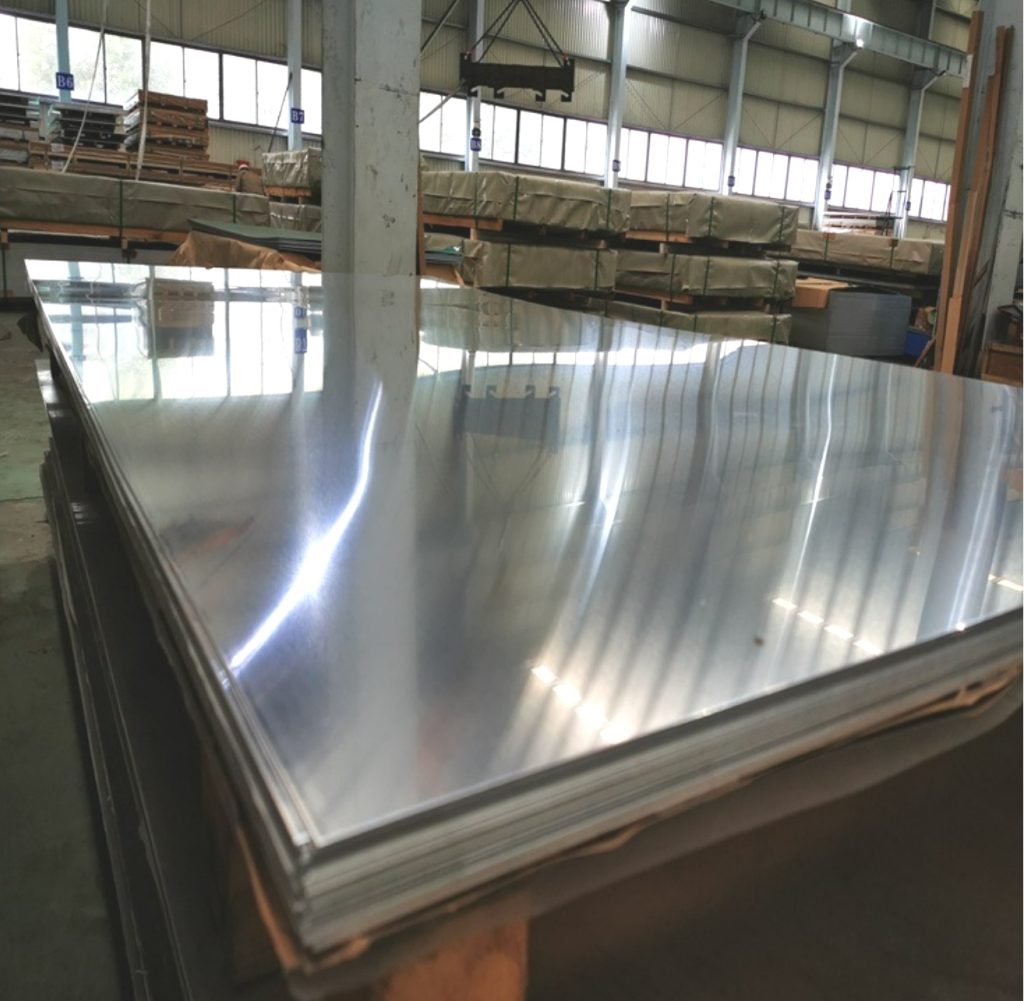
Market Situation
The global demand for 3000 series aluminum alloys continues to grow, driven by their extensive applications and unique properties.
Increasing use in sustainable packaging, lightweight transportation solutions, and energy-efficient appliances. Advancements in alloy composition and processing technologies are expanding application possibilities.
Challenges
- Raw material price fluctuations: The price of aluminum and manganese can affect the cost of 3000 series alloys.
- Environmental Regulations: Stricter guidelines on mining and production processes may affect supply chains.
- Technological advances: Improvements in processing and manufacturing technologies can enhance the competitiveness of 3000 series aluminum.
The market for 3000 series aluminum is influenced by a complex interplay of economic, technological, and sustainability factors. However, it still occupies an important position in both traditional and emerging fields, and its technological iteration and market demand dynamics will continue to be the focus of the industry. For any 3000 series aluminum, please feel free to contact us.
Related Products

